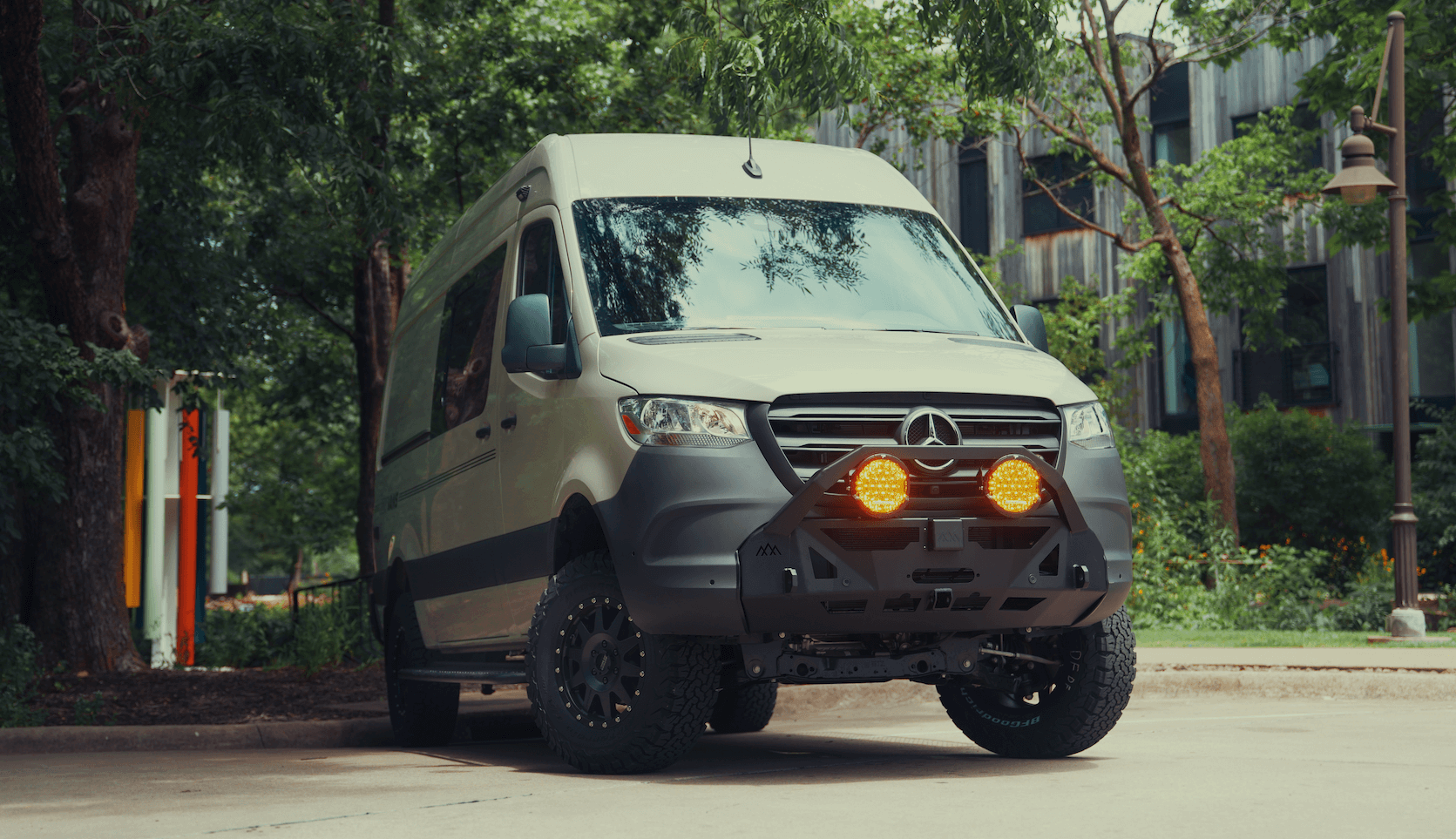Recreational Vans

A van can tow a trailer if the numbers line up and the setup is correct. Think of ratings as the rulebook. The owner label and manual list the big three: towing capacity, the gross vehicle weight rating, and the gross combined weight rating. Never exceed them.
Tongue weight is the downward force on the hitch, usually 10 to 15 percent of the loaded trailer weight. Too little tongue weight can cause sway. Too much eats payload and squats the rear.
Start with gross combined weight rating. Subtract your actual van weight with passengers and gear. The remainder is the realistic trailer weight target. Confirm the hitch rating and the ball mount and do not exceed the lower rated component.
Modern full size vans often list tow ratings between 3500 and 7500 pounds, depending on engine, axle ratio, wheelbase, and whether a factory tow package is installed. Mid size or city vans usually land lower. Treat the handbook rating as a ceiling, not a goal.
The hitch, wiring, brakes, cooling, tires, and mirrors all affect control and stopping. Aim for a matched system rather than one big part.
For heavier tongue loads, a weight distribution hitch can restore front axle traction and headlight aim. Sway control helps in gusty crosswinds or with tall box trailers.
Towing adds heat and load. Transmission and engine cooling matter on long grades and hot days. Tires should meet the van load index, with proper cold pressures set for the towing weight. Reinforced rear springs or tuned dampers can reduce bounce, though over stiff setups can hurt grip on rough roads.
Large mirrors improve lane changes and merging. Before each trip, verify coupler latch, safety chains in a crisscross under the tongue, breakaway cable to the tow vehicle, and that all lights work. Recheck lug torque and tire pressures within the first fifty miles.
Balanced loading and smooth driving keep the rig stable. Legal details vary, but the safety basics are universal.
Place about sixty percent of cargo ahead of the trailer axle. Keep heavy items low and centered. Measure tongue weight with a scale if possible to confirm the 10 to 15 percent target. Do not exceed the van payload or rear axle rating once tongue weight is added to passengers and cargo.
Practice backing in a quiet lot. Hand at the bottom of the wheel makes trailer direction intuitive.
Many states require trailer brakes above a set weight, along with a working breakaway system, safety chains, and DOT approved lighting. Some require extended mirrors if the trailer blocks rear view. Check the trailer tires for age and cracks, not just tread. Grease the coupler, inspect the ball for wear, and service bearings on schedule.
If your numbers are tight or hills and heat are part of your route, a purpose built tow setup adds margin. Professional installation of a rated receiver, 7 way wiring, brake controller, cooling upgrades, suspension tuning, and lighting can transform the driving experience and protect components. If you are planning a travel trailer, moto trailer, or a utility hauler, consider designing your interior layout and payload plan around tongue weight from day one.
OZK Customs builds vans that tow cleanly and predictably. Our team designs tow ready packages for complete builds and partial upfits, integrating brake control, wiring, recovery points, storage that respects payload, and lighting that helps with night hookups. Explore our recreational vans, see what is possible with a custom build van, or browse proven platforms on mainstream vans.
We outfit adventure ready vans for families, riders, and travelers who want simple towing and safe handling. Tell us your trailer weight and terrain, and we will map a practical plan that respects tow ratings and delivers a calm drive.
Ready to tow with confidence? Share your goals and trailer specs and we will recommend the right tow package, wiring, brake control, and setup for your van.
Ready to tow with confidence? From tow packages and brake controllers to cooling, suspension, and lighting, OZK Customs designs and installs the right upgrades for your van. Tell us your trailer weight and travel style, and we will spec a safe, road proven setup. Start your build today.
ADDRESS:
6159 E Huntsville Rd, Fayetteville, AR 72701
PHONE:
(479) 326-9200
EMAIL:
info@ozkvans.com